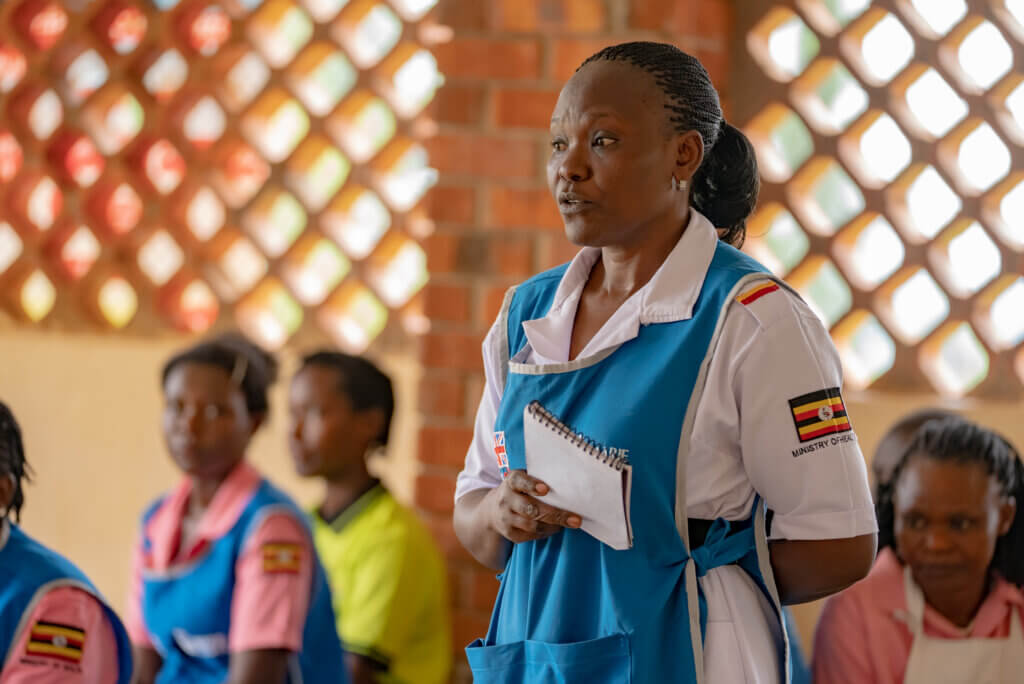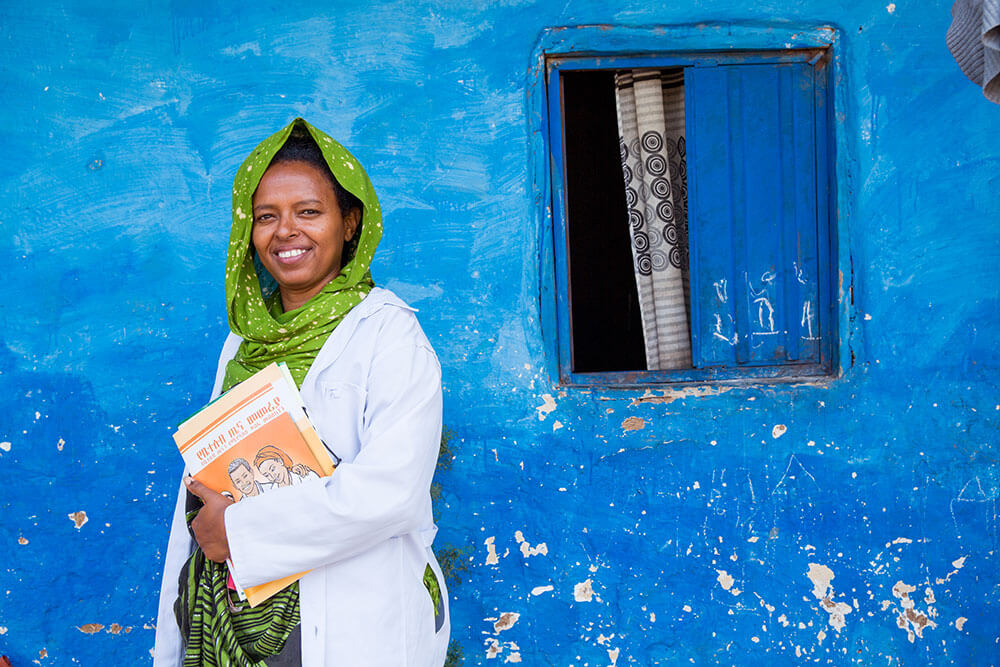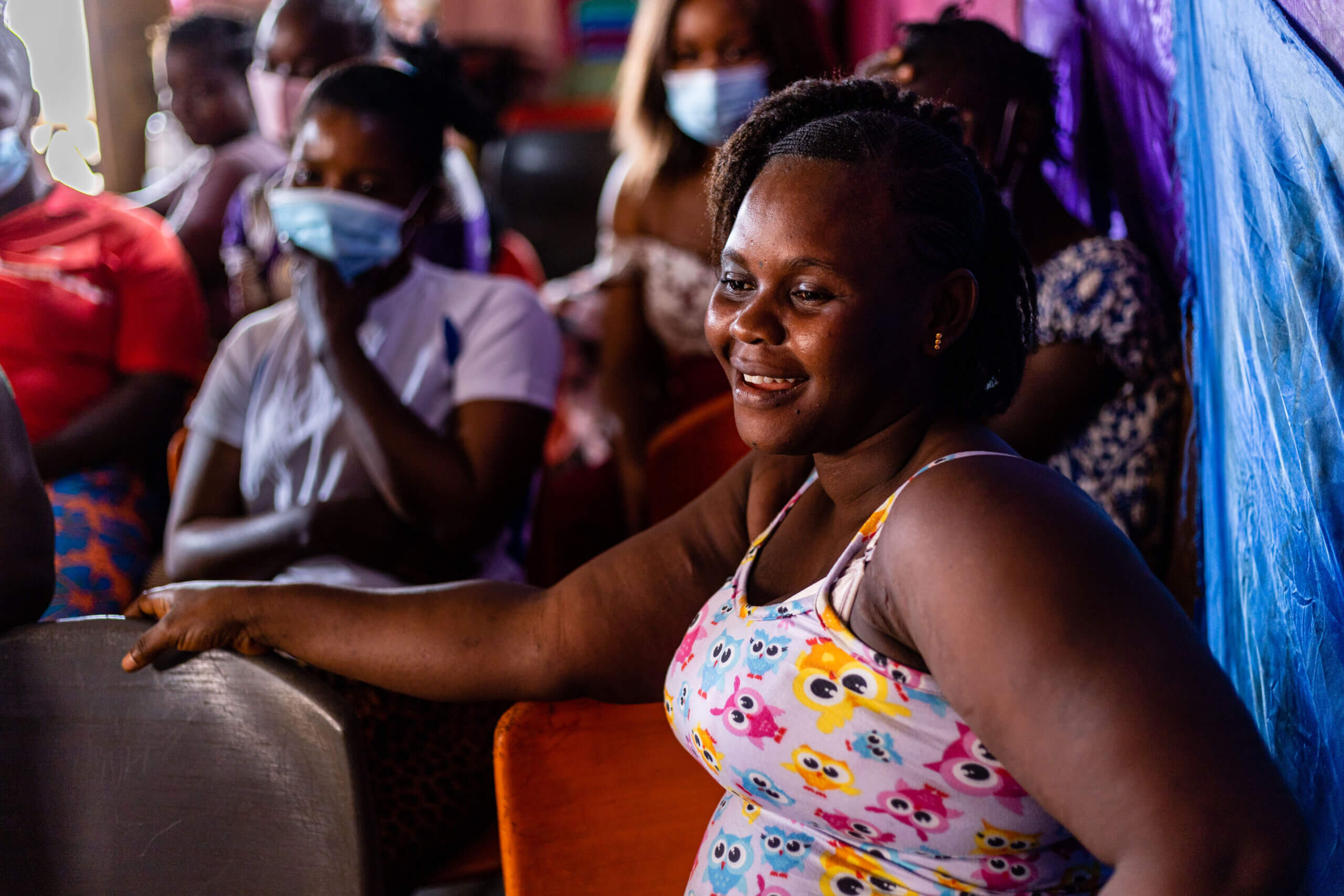Understanding the Impact of the Global Gag Rule
Lessons from Uganda and Ethiopia
The United States’ is a leading funder of global health programs. That means it has the ability to shape the landscape of sexual and reproductive health and rights worldwide. But, restrictions on funding, particularly targeting abortion care internationally, have had far-reaching and detrimental consequences on reproductive health care systems, advocacy efforts, and outcomes. At the forefront of these restrictions stands the global gag rule (GGR). This policy allows US global health assistance only to non-governmental organizations (NGOs) who agree to refrain from providing or promoting abortion services.
Using data from MSI Reproductive Choices programs in Ethiopia and Uganda, the Guttmacher Institute issued a first-of-its kind report in April 2024 that examines the impact of the global gag rule in two countries with different legal contexts regarding abortion. While Uganda maintains highly restrictive abortion laws, Ethiopia has embraced a more liberal stance. Despite this contrast, both nations rely significantly on US assistance for their family planning programs. As a result, they are vulnerable to the repercussions of policies like the global gag rule.

Remind me. What’s the Global Gag Rule?
The global gag rule, first conceived in 1984, surpasses the constraints of the Helms Amendment by rendering NGOs ineligible for US assistance if they provide, refer individuals for, or promote abortion services, even when non-US funding is being used to provide those services. The rule has been enforced under Republican administrations and rescinded by Democratic presidents. The Trump administration notably expanded the rule’s scope, applying it to all global health assistance, significantly amplifying its impact.
The Wide-Ranging Impact
Over two decades, research has made clear the many harms associated with the global gag rule. These include impeding reproductive health advocacy, disrupting health systems, and diminishing service provision. Despite theoretically targeting NGO activities, the gag rule’s ripple effects extend to public-sector facilities. This exacerbates gaps in reproductive health services across entire health systems. Moreover, evidence suggests that the policy may inadvertently increase abortion rates, contradicting its purported objective.
Senior Africa Director for MSI Reproductive Choices Dr. Carole Sekimpi said:
Despite its repeal, the U.S. Global Gag Rule continues to have a chilling effect on access to contraception and reproductive choice worldwide. In Uganda, we are still seeing the devastating consequences of this shameful policy; lives endangered and lost due to unsafe abortions and women at risk because they’re unable to safely space pregnancies.
Denying women and girls access to reproductive health services harms not only the individual but also communities and generations. As we navigate the long-term consequences of this harmful policy, we urge the U.S. to take action to re-establish its leadership on reproductive health and rights and protect access to essential healthcare.”

Uganda: Stalled Reproductive Health Progress
In Uganda, where reproductive health services heavily depend on US assistance, the global gag rule exacerbated existing challenges. The refusal of major NGOs to comply with the rule resulted in a cascading effect, impeding family planning services and leading to a surge in post-abortion care cases. The policy stalled Uganda’s progress in reproductive health, jeopardizing gains made in contraceptive use and worsened unsafe abortion cases.
Ethiopia: Reversed Reproductive Health Progress
In Ethiopia, a country that has experienced significant advancements in reproductive health access, the gag rule reversed years of progress. The loss of funding due to non-compliance hindered family planning services, leading to contraceptive stock-outs and reduced outreach programs. While safe abortion services remained intact, other essential reproductive health services suffered setbacks, threatening the nation’s previous gains.
Recommendations for Policy Change
The report underscores the imperative for policy reform, advocating for the passage of the Global Health, Empowerment, and Rights (Global HER) Act to permanently prevent reinstatement of the gag rule. Additionally, it calls for clear guidance from the Biden-Harris administration to aid implementing partners in navigating funding restrictions. Moreover, affirming the US commitment to global sexual and reproductive health, alongside repealing the Helms Amendment, are crucial steps towards restoring reproductive rights worldwide.
The global gag rule has left an indelible mark on reproductive health systems in Uganda and Ethiopia, underscoring the urgent need for policy reform. By highlighting the profound and lasting impacts of the gag rule, this report advocates for comprehensive measures to safeguard reproductive rights globally, ensuring access to essential services for all individuals, irrespective of geographic location or political context.
Access the full report here.






